The pursuit of happiness is a lifelong process. Following the Epicurean philosophy for happiness can help you seek comfort, pleasure, and happiness in the simplest of ways.
Most people find happiness by earning money, eating good food, or spending time with friends. However, most of us don’t have any clear idea about what will actually make us happy. The Epicurean philosophy for happiness can help us understand what makes us happy and what we can do to experience happiness and pleasure in life.
Epicureanism
Epicurus of Samos is an ancient Greek philosopher who lived from 341-270 BCE. He was a sage who established Epicureanism, a school of philosophy known in Athens known as “the Garden.” According to Britannica, Epicureanism “means devotion to pleasure, comfort, and high living, with a certain nicety of style.”
So what is Epicurean philosophy? Epicurus had his own unique beliefs and philosophy about the notion of happiness. He believed that the supreme human pursuit is happiness and it greatly influences our behavior and decisions.
Unlike other philosophers who claimed that happiness and pleasure can only be attained through indulgence and excess, Epicurus believed happiness can be actually derived from the simplest of things.
Epicurus believed that reason teaches us that pain is bad for us, while pleasure is good. Both pain and pleasure are considered as the perfect measure of what is bad and good.
The Epicurean philosophy for happiness is in sync with Aristotle’s beliefs that happiness is the ultimate goal for human beings and represents the best of living. However, happiness is seen as the avoidance of pain and the pursuit of pleasure, instead of being completely based on reason.
Read also: 4 Easy Ways To Let Go Of Negativity From Your Life And Find Happiness

The Epicurean philosophy for happiness
According to Epicurus, the things we run after on a daily basis are very different from the things that actually make us happy. His philosophy for happiness shows that looking for pleasures to experience tranquillity, ataraxia (freedom from fear) and aponia (absence from bodily pain) is the “greatest good.” It is believed that a combination of all of these can lead to happiness.
Many philosophers believe that Epicureanism is basically a variation of Hedonism even though it is conceptually very different. The Epicurean philosophy for happiness focuses on the absence of pain as the path towards happiness and advocates living a simple life.
According to Epicurus, we must learn to control our desires and gain knowledge and understanding about how our world works to truly experience peace and tranquility.
The Greek philosopher Epicurus believed that true happiness and pleasure can only be experienced through:
- Moderation
- Knowledge
- Community
- Friendship
- A temperate life
- A virtuous life
- Abstinence from bodily desires
Living a temperate life refers to having self-restraint and taking steps to enjoy a modest and mild life. Although our goal is to seek pleasure and happiness, Epicurus believed that indulgence was not the way to attain happiness.
Read also: 17 Daily Choices You Can Make To Choose Happiness In Life
In fact, studies have found that mild Epicureanism can actually help us develop a therapeutic attitude.
A 2008 study by Carlo Strenger at the Department of Psychology, Tel Aviv University, found that “Mild Epicureanism means to soften attachments to all belief systems, even therapeutic theories, to lower their potential inhibition of personal growth.”
The research paper concluded that “mild Epicureanism is consistent with most therapeutic approaches, and allows addressing clients’ belief without interfering with their right to make up their own minds.”
Factors for happiness
According to Epicurean philosophy for happiness, there are 3 basic states which lead to happiness. These are:
- Tranquility
- Freedom from fear (ataraxia)
- Absence of bodily pain (aponia)
The combination of these factors can enable us to experience the purest and highest form of happiness. Even though following the epicurean way for happiness may appear difficult to accomplish or sustain, numerous individuals across the world follow the Epicurean philosophy and enjoy this type of happiness.
However, there is one hindrance in our pursuit for happiness. The philosophy of Epicurus revealed that worrying and being anxious about our future is a guaranteed way to ruin our inner peace and happiness.
Although Epicurus meant that we should not fear or worry about death or God, in today’s context, we should not be worried or be anxious about our future as it can create hindrances in our experience of happiness, peace and pleasure.
Read also: 3 Essential Lessons Which Will Help You Achieve True Happiness
What makes you happy
Wondering how to be happy in life? According to the Epicurean philosophy for happiness, the are 3 primary aspects of happiness:
- Friendship
- Self-sufficiency & freedom
- Philosophical Thought
1. Friendship
Enjoying the company of good friends is one of the secrets to happiness, believed Epicurus. However, with our chaotic personal lives it is often difficult for us to meet or spend quality time with our friends and loved ones.
Hence, seeing our friends occasionally will not lead to happiness. The Epicurean philosophy for happiness claims that we must meet our friends on a daily basis and spend enough time with them to be happy.
Friendship with like-minded people can often be a source of happiness when we invest in nourishing such relationships. While romantic relationships can end up with a breakup, friends are typically loving, supportive and fun.
Epicurus understood that socializing and building relationships & friendships leads to a feeling of belongingness and safety, while a lack of friendship is associated with loneliness, depression and isolation.
2. Self-sufficiency & freedom
Everyone wants to live free. Want want to have the freedom to make our own decisions and live our life on our own terms. However, to be free we need to learn to be self sufficient as well. Being free and living self sufficiently with our friends will enable us to experience happiness.
Following his philosophy for happiness, Epicurus himself lived with his friends in his school of philosophy “the Garden”, which is considered as the first community.
In the community developed by Epicurus, each member greatly contributed towards maintaining it. Their contributions had meaning and met the needs of others, which made them feel better about their efforts.
Even though the members of the Garden were not wealthy, their needs were met. They were free to do what they wanted, they enjoyed the company of their friends and they were happy. Self-sufficiency and freedom was at the root of the community.
Read also: How To Find Happiness By Living In The Present Moment
3. Philosophical thought
Being involved in rational and philosophical thought is the final aspect of happiness. According to the Epicurean philosophy for happiness, we need to think analytically about out thoughts, feelings and emotions. Although we may try to live a temperate life and abstain from desires, we may still feel anxiety about our future.
Engaging in philosophical thought enables us to observe our fears about the future, explore difficult feelings and understand ourselves better. Epicurus believed that the best way to overcome the fear of death is to take a philosophical approach towards it, only then we will realize there is nothing to be scared of.
According to Epicurus’ philosophy for happiness, human beings should not fear death. One of the reasons for this is that our mind is a crucial part of our body which is formed of atoms, like everything in nature.
Death signifies the re-dispersion of the atoms in the mind and the body. As we will not exist after our death, death cannot trouble us once we are dead. Hence, we should not allow death to trouble us while we are alive.
Happiness is uncomplicated
Although following the Epicurean philosophy for happiness may appear unrealistic to most of us, some people actually tend to live a life based on the beliefs of Epicurus.
Given the complications of modern life, we may feel that it is impossible to stay happy constantly as life keeps throwing new challenges at us every day. Yet, with a little effort we can experience true happiness if we take every decision to seek pleasure and comfort even in the face of challenges.
Open yourself to accept opportunities and inspirations that empower you to discover what happiness means to you and be determined to achieve that.
Read also: 6 Positive Psychology Practices To Boost Happiness and Improve Your Life
Frequently Asked Questions (FAQs):
What is Aristotle’s definition of happiness?
Aristotle believed that happiness meant achieving knowledge, health & wealth, building relationships and doing human things excellently. It is about enriching our lives and perfecting human nature, rather than feeling a particular way.
What is Plato’s happiness?
According to Plato, well-being or happiness is the ultimate goal of human moral conduct and thought. Virtue is necessary for happiness. As everyone wants to be happy, one must live an honest life conforming to high moral standards.
What is happiness for Socrates?
According to Socrates, happiness originates from living a good life that feeds your soul, not from external or physical pleasures, power or wealth.
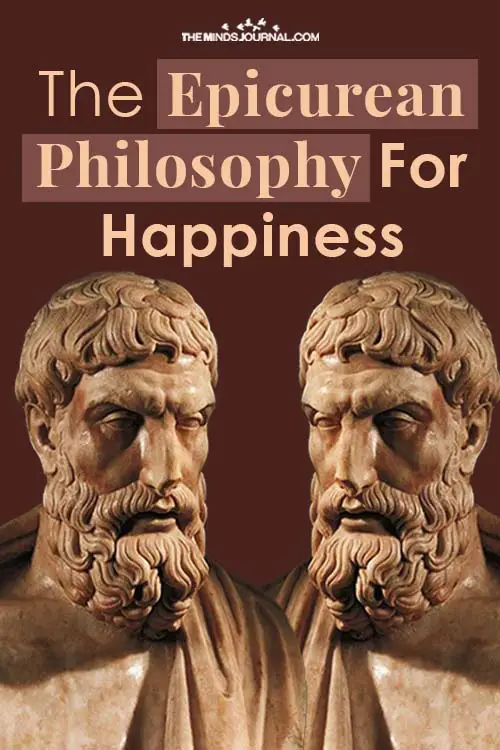
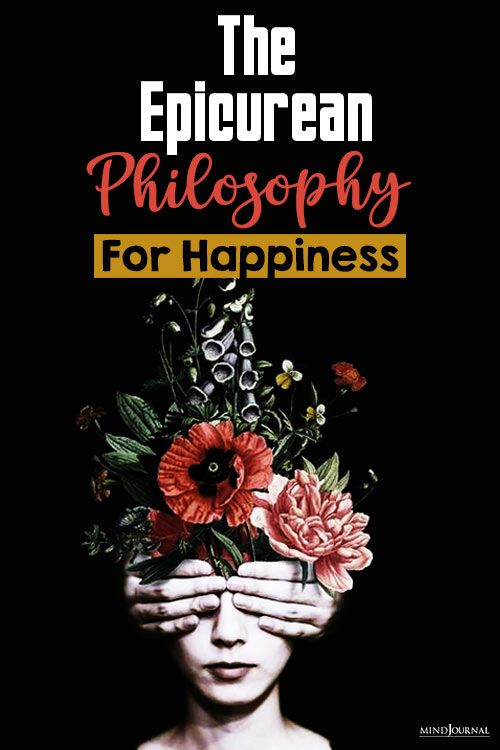
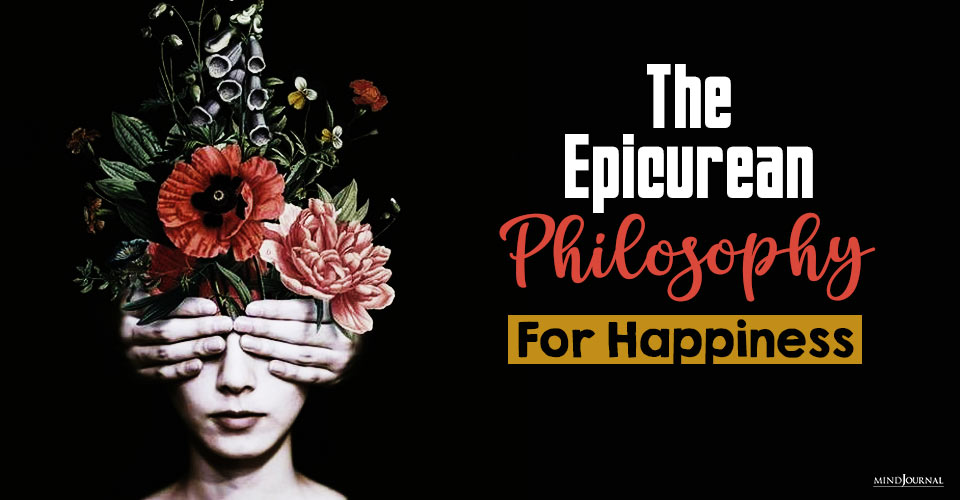
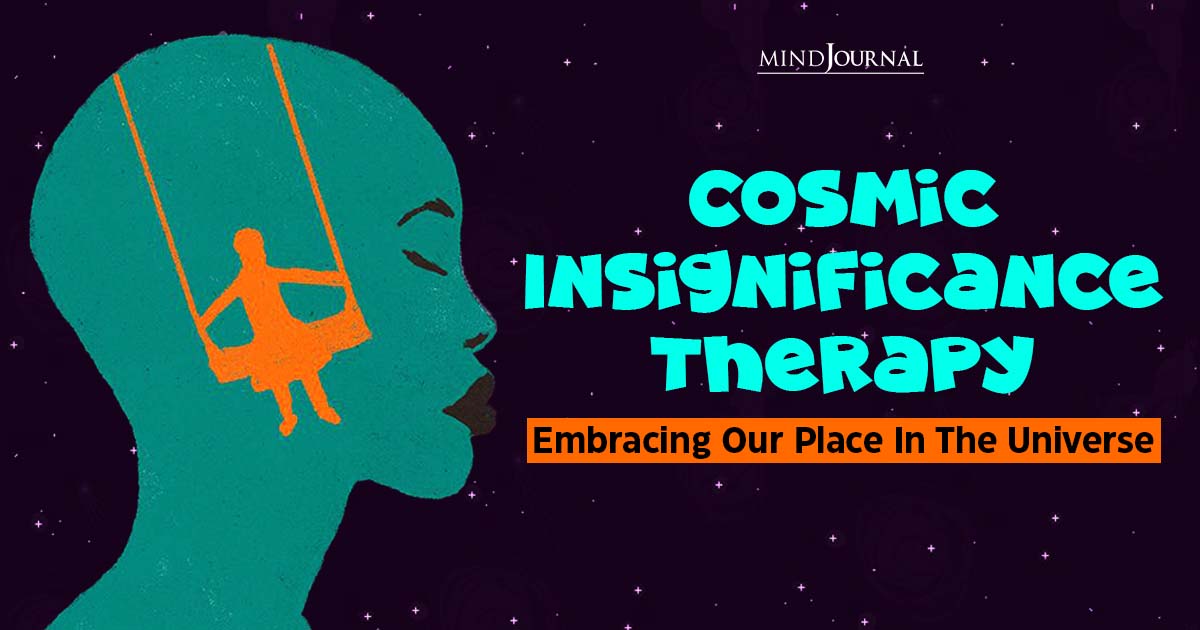
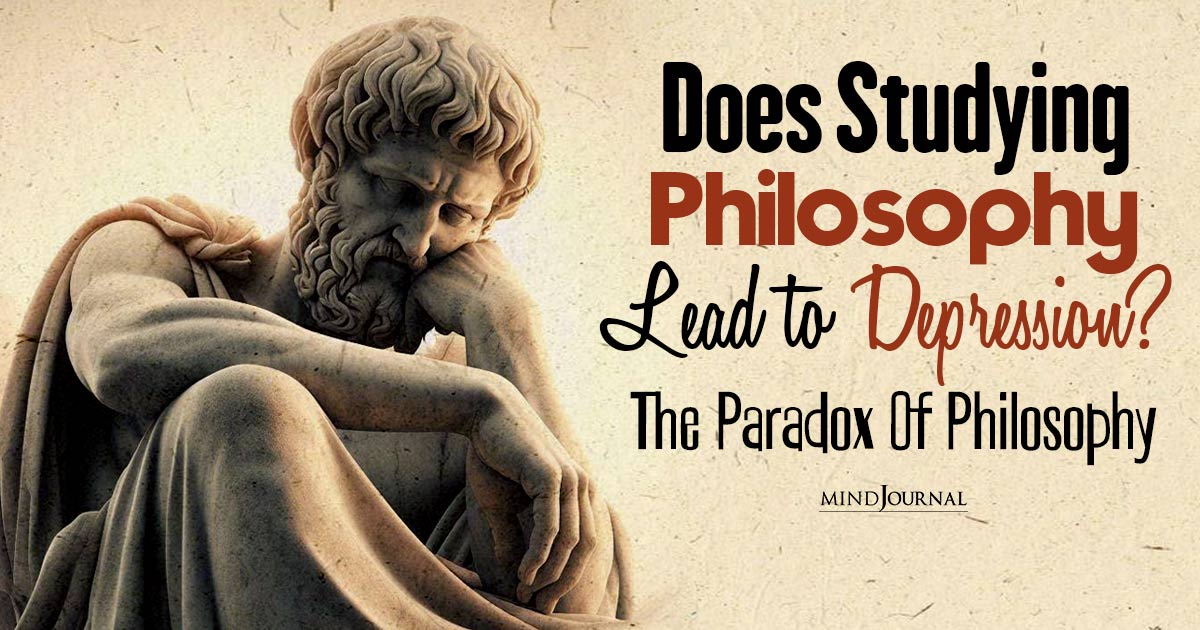
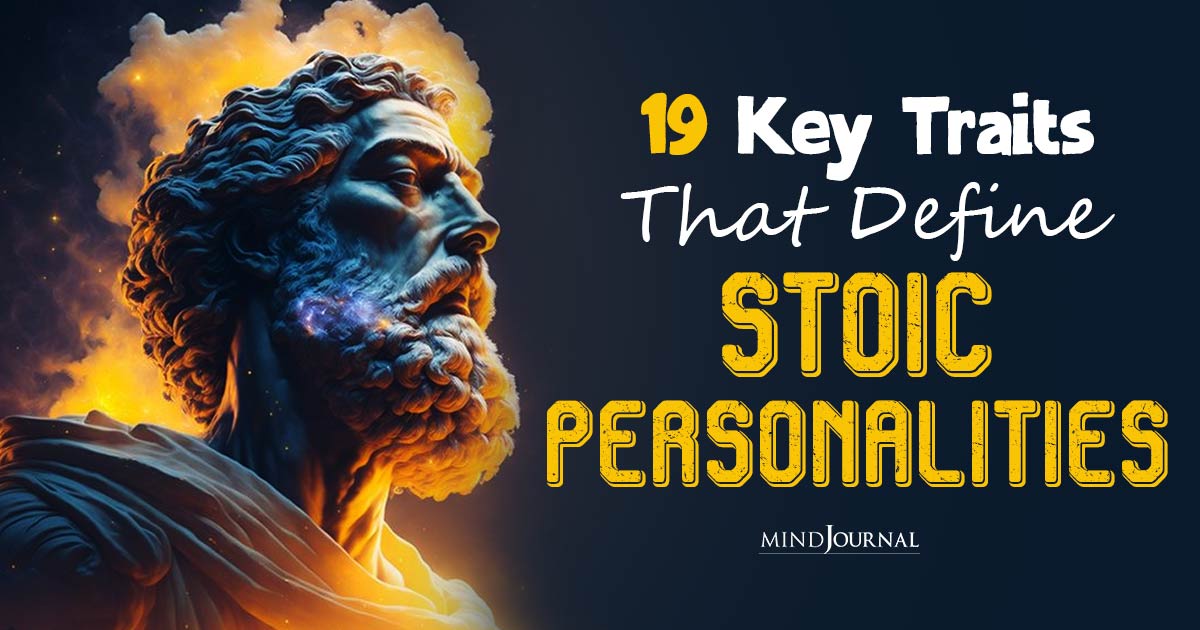

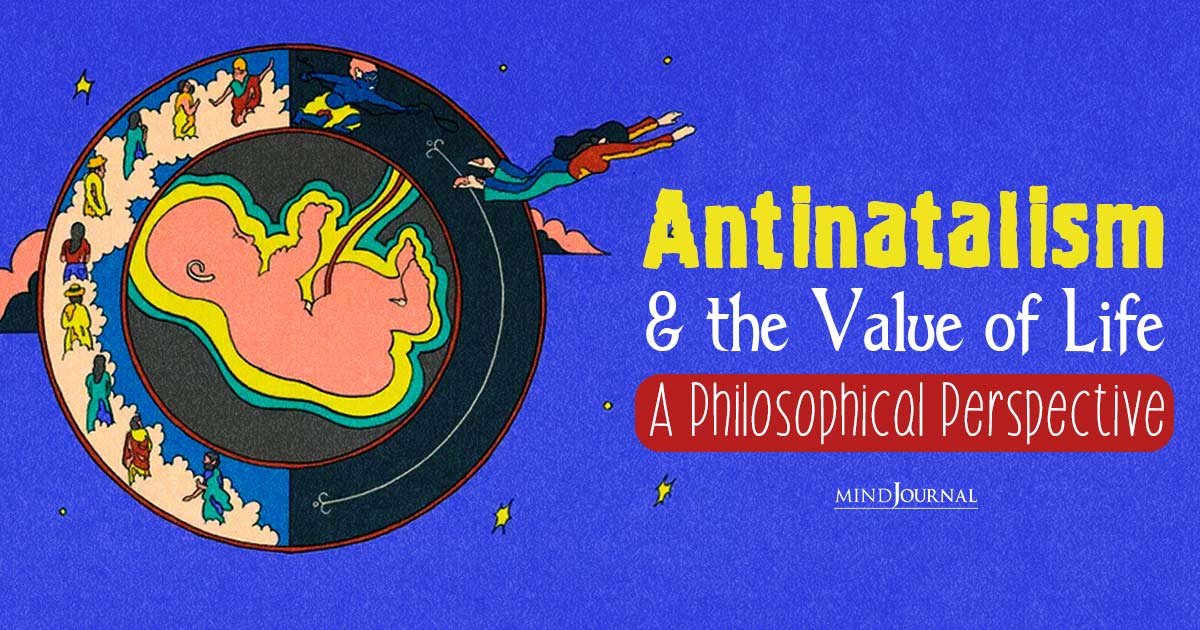


Leave a Reply
You must be logged in to post a comment.